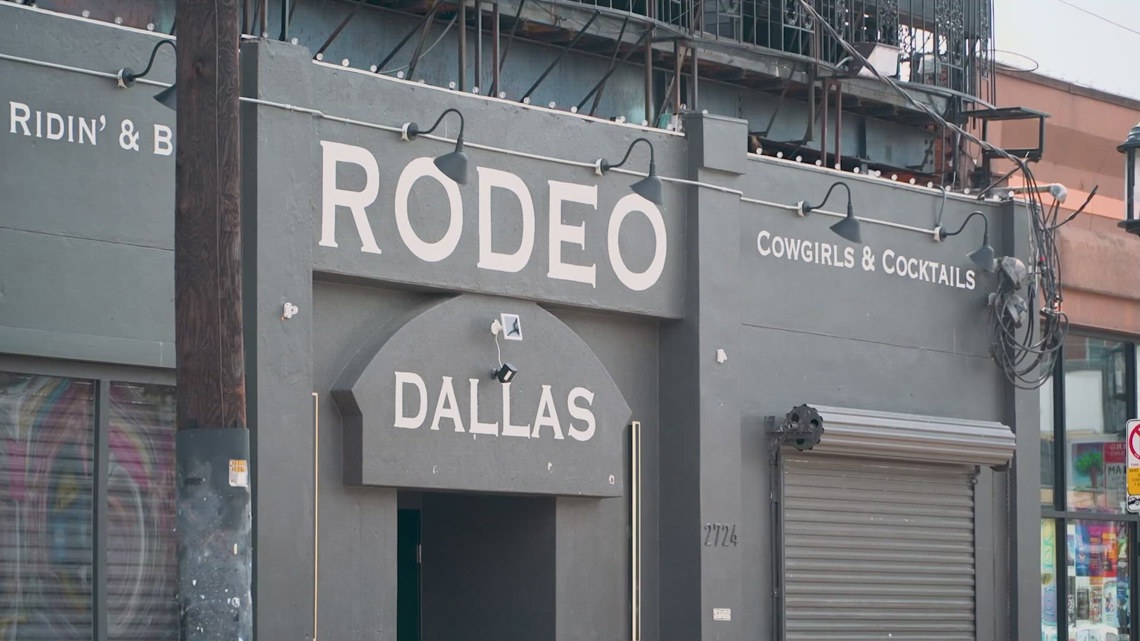The owner of Rodeo Dallas, JD Ybanez, accused a real estate investment firm of attempting to gentrify the Deep Ellum area in Dallas, Texas. He made these claims in a video shared on social media, addressing the recent lawsuit filed against his bar by the firm.
The lawsuit arises amidst tensions in Deep Ellum, a vibrant Dallas neighborhood known for its nightlife and cultural diversity. JD Ybanez contends that Asana Partners, a real estate firm owning several properties in the area, aims to alter the neighborhood’s character by forcing businesses like his out.
Ybanez claims the firm’s real intention is to transform the area by replacing establishments that attract diverse crowds with more upscale entities. He expressed concern over the potential loss of Deep Ellum’s unique identity and its appeal to a broad community.
In response to the legal confrontation, Ybanez openly criticized the firm’s approach, suggesting that the lawsuit is a strategic move to diminish the local culture and community spirit. He voiced these concerns in a video posted to Instagram, where he elaborated on his perspective regarding the lawsuit and the changes he perceives in the neighborhood.
The legal battle has drawn attention to the broader issue of gentrification in urban areas. Some residents and business owners in Deep Ellum express concern that redevelopment efforts could marginalize long-standing community members and businesses.
Asana Partners, the firm involved in the lawsuit, maintains that their actions are lawful and aimed at improving the area. While they did not comment directly on the accusations of gentrification, the firm stated their commitment to fostering a safe and prosperous environment for all community members.
The lawsuit filed by Asana Partners cites various reasons for their legal action against Rodeo Dallas, including alleged violations and disturbances linked to the bar’s operations. The firm argues these issues necessitate intervention to maintain the area’s quality and safety standards.
Ybanez, however, disputes these allegations, asserting that his business complies with all regulations and significantly contributes to the local economy and culture. He believes the lawsuit is part of a broader effort to reshape Deep Ellum’s demographic and cultural landscape.
Community responses to this legal dispute highlight differing views on neighborhood development. While some support the improvements and investments brought in by firms like Asana Partners, others fear the loss of Deep Ellum’s unique character and accessibility.
The situation continues to evolve, with both parties preparing for further legal proceedings. The outcome could have significant implications for Deep Ellum’s future, potentially influencing the balance between development and cultural preservation in urban communities.

